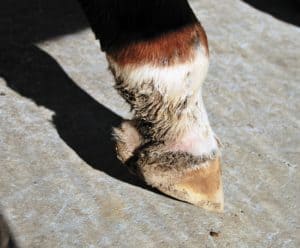
Getting a Handle on Scratches in Horses
Address the condition’s primary, predisposing, and perpetuating causative factors for a successful outcome.

Address the condition’s primary, predisposing, and perpetuating causative factors for a successful outcome.
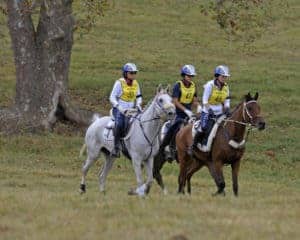
How to help performance horses of all types reach peak fitness.
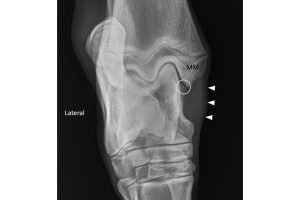
Discover how a young horse with persistently puffy hocks but no lameness was diagnosed with and treated for a medial malleolus lesion in the Fall 2023 issue of The Horse.
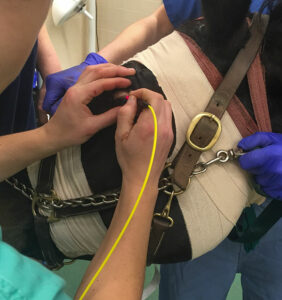
Learn about 4 cutting-edge treatments for equine eye issues ranging from corneal ulcers to cancer.
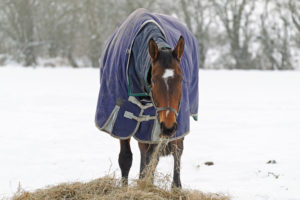
Addressing your OTTB’s diet in three phases will help you provide the nutrition he needs to thrive in his new career.

An equine nutritionist explains why you should consult your veterinarian and test hay quality if your mule (or horse) has a hay belly.

One equine nutritionist explains why mineral blocks might not be ideal for mules, and what can replace them.

Due to their small head sizes, Arabians often suffer from overcrowding teeth, respiratory disease, and poor sinus drainage that can be difficult for veterinarians to treat surgically.

Feed donkeys lower-quality forages, such as barley straw or stemmy, mature grass hay, than you would feed a horse.

One nutritionist discusses the unique dietary needs of mules.

Practitioners will create a grimace scale that can indicate stress, sickness.

Learn about recent research on the causes of EIPH, how it affects horses and their performance, and furosemide use in equine athletes.

Aging mules and donkeys need to be managed just as carefully as horses. Here’s what you need to know.

Read about the significance and prevalence of these injuries and how veterinarians diagnose them.

A veterinarian says both age and breed can affect a horse’s predisposition to insulin resistance.

How can biomarkers be used to help improve performance and reduce injury risk in horses?
Stay on top of the most recent Horse Health news with
© 2022 Copyright Statement dolor sit amet, consetetur sadipscing User Terms, sed diam nonumy eirmod tempor invidunt ut labore et dolore magna aliquyam erat, sed diam voluptua. At vero eos et accusam et justo duo dolores et ea rebum. Stet clita kasd gubergren, no sea takimata sanctus est Lorem ipsum dolor sit amet.
"*" indicates required fields